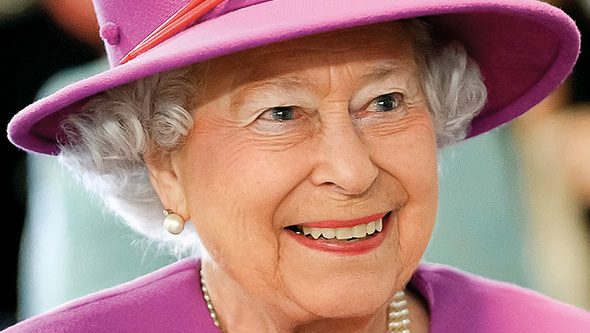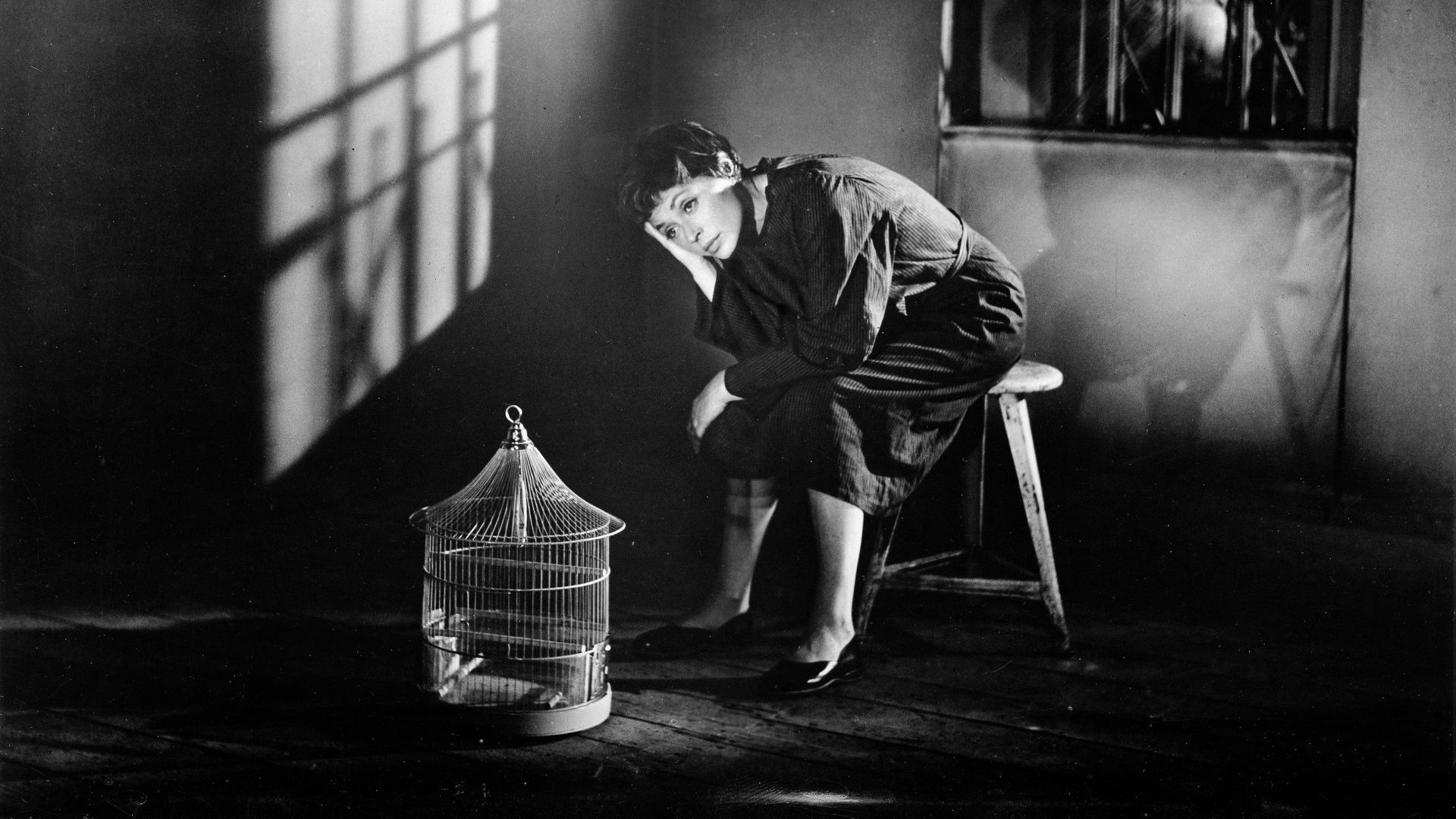The word oligarch in the modern and generally negative sense of an
extremely wealthy businessman with inappropriate amounts of political
influence, particularly in contemporary Russia, is a relatively new usage in English, though we have by now become rather familiar with it.
Although oligarch in this sense did not appear in print in English until 1999, a number of writers had used the term earlier, including Byron in 1821, but that was in the original sense of referring to someone who is a member of a small group of people holding all the power in a particular state. However, the longer word oligarchy – meaning “government by a small group of people” – had appeared in our language much earlier than that, in the mid-1500s.
These two modern forms, oligarch and oligarchy, go back to the Ancient
Greek words oligos (“few”) and archia (“rule”), so the original meaning of oligarchy was “rule by a few”. The Greek work archia was borrowed into Latin and eventually found its way into medieval English, in various compound words, via Anglo-Norman and Old French as well as directly from Latin.
Some of these compound words came into use in English before oligarchy. Patriarch (“bishop, head of a church organisation”), from Ancient Greek patir (“father”) plus archia, was known to some Old English writers, but it started being used more widely in 14th-century English, with patriarchy (“rule by a father”) arriving in the 16th century. This is the reverse of what happened with the oligarch-oligarchy pair, where the form in –y was being used well before the personal noun oligarch first came on the scene.
Monarchy and monarch had the same relative chronology in English as oligarchy and oligarch: monarchy was first used in the 1300s, while monarch was not employed until the 1400s. These words come from archia preceded by Greek mono- (“only, sole”), so monarchy is etymologically “rule by a single person”.
Matriarch and matriarchy (“rule by a mother”) are considerably more recent, first appearing in print in the 17th and 19th centuries respectively. Plutarchy, meaning “rule by the wealthy”, dates from 1643, with its first element coming from Greek pluto (“wealth”).
Heptarchy (“rule by seven”) (the Ancient Greek for seven is hepta) is generally encountered, in spite of its 16th-century origins, only in discussions of the government of Anglo-Saxon England, where there were supposedly seven different kingdoms: Northumbria, Mercia, East Anglia, Essex, Kent, Sussex, and Wessex. The form heptarch has hardly ever been used in English.
The form anarch is also rather rare, although Milton and Pope both used it.
Anarchy is a much more common word, first used in the 1500s. It begins with
Ancient Greek an– (“not, without”), so it literally means “rule by no one”.
I have never heard anyone utter the word anarch, but according to the OED
the final part of the word is pronounced “ark”, as it is also in oligarch, patriarch, and matriarch. This is not the case with monarch, however. In England, most of us generally give the second syllable the same pronunciation as the second syllable of paddock or hammock.
PROFILE
The Latin word filum (“thread”) produced the verb filare (“spin, draw out”). With the prefix pro– (“forward”), this became Italian profilare, (“to draw in outline”). In English, the meaning “side-view drawing” first appeared in the 1600s. The extended meaning referring to “degree of public prominence” did not arrive until the 1930s.




